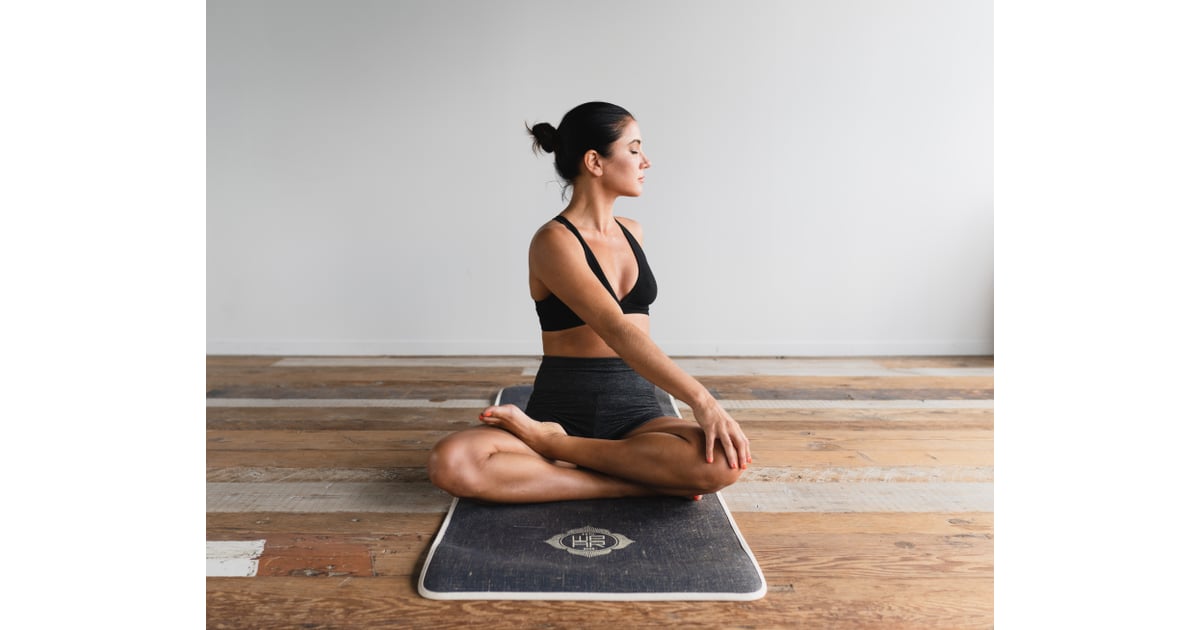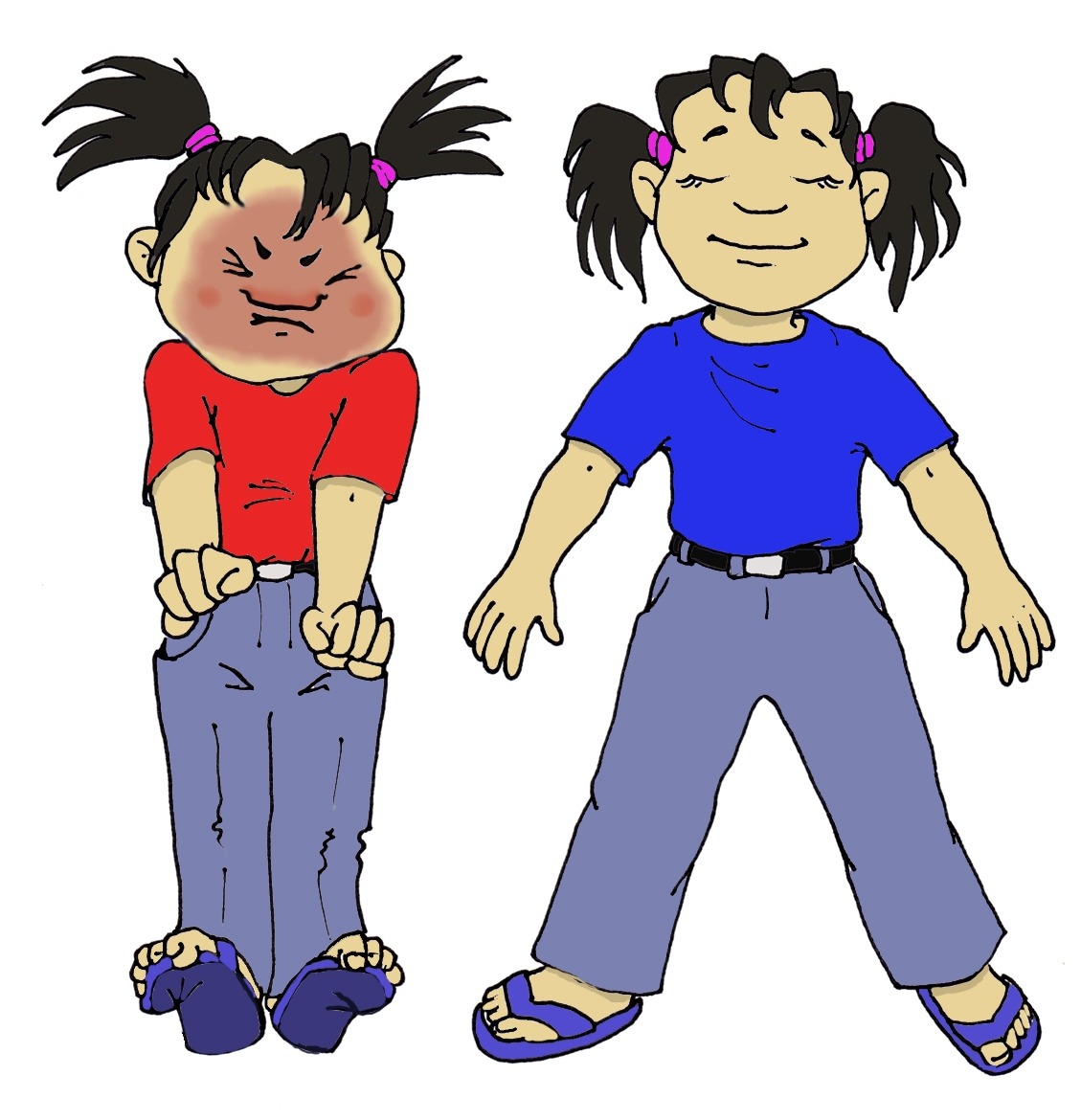Out Of This World Info About How To Relax Face Muscles

While different studies and research methods have a range of results, overall the answer is yes.
How to relax face muscles. Wake with pain in your lower face and neck? By jessica downey. When you learn to loosen your jaw and relax your face, the rest of your muscles will likely follow.
Firstly, find a quiet place where you can practice this. What is your main goal? Here are some face exercises that can relieve facial tension:.
There are more than 50 muscles that make up your facial structure. Most of the time you don't even notice you're. Exercising them may help reduce facial tension.
Here's how to do it: While different studies and research methods have a range of results, overall the answer is yes. Feel more confident about myself.
This video teaches how to quickly release. Relax your face muscles instantly by rubbing your palms together and cupping them over your eyes, then bringing them down the side of your face and neck to the collarbone. Place your fingers on your cheekbones, close to your ears.
By tapping into your body’s innate ability to calm itself, you can ward off stress symptoms before they strike. During times of stress, we often sense our heart racing, jaw. To exercise your lower face muscles, first make an “o” shape with your mouth and hide your teeth with your lips.
Teetch or jaw grinding? Face tension release with face yoga massage and muscle relaxation. Elemental face yoga with polina.
89k views 3 years ago. This beautiful, guided meditation helps you to release the muscle tension associated with stress and anxiety. 3 facial yoga routines that will help tone and sculpt your face.
Smiling reduces stress, and being forced to furrow the brow makes. Now, smile widely while still hiding your teeth. 3 ways to relax your face when running.
The tension in your face can be subtle. Get more attractive facial features. In this face yoga video, i demonstrate my favourite technique to release facial tension in the whole face, especially the ares here we habitually hold stress, such as cheeks and the jaw, to.


















